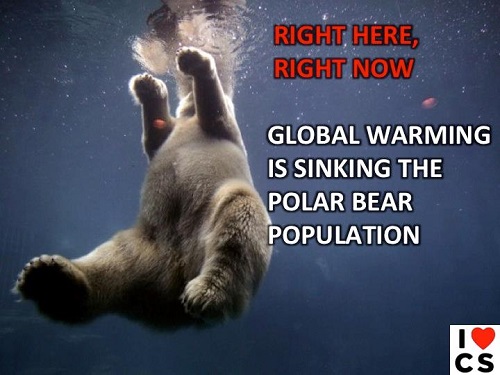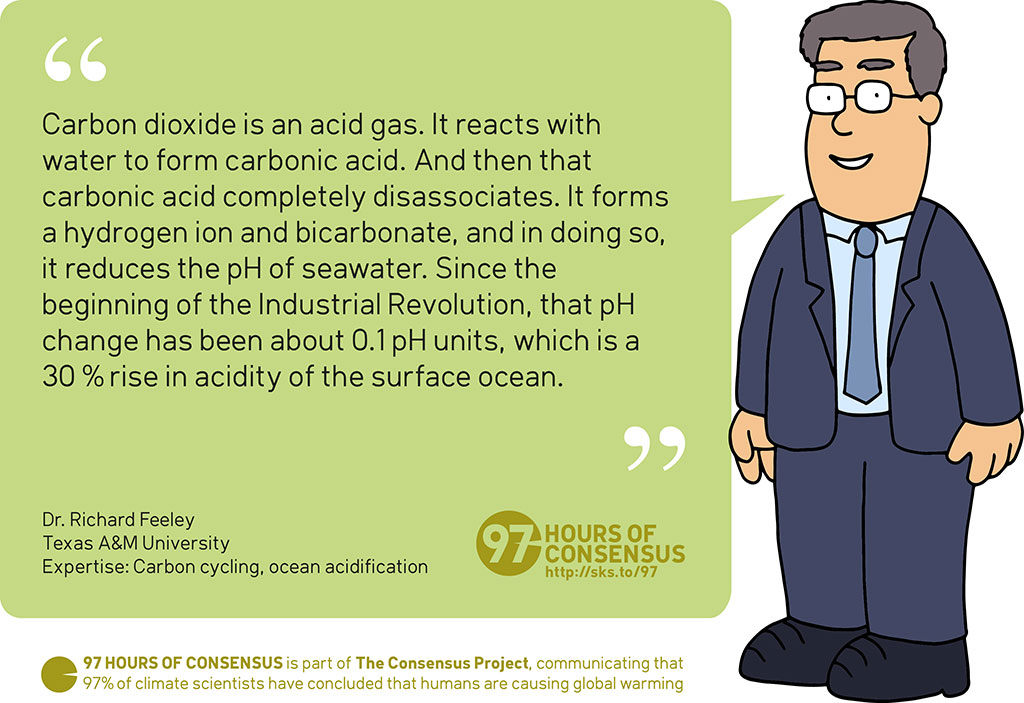
A Hard Deadline: We Must Stop Building New Carbon Infrastructure by 2018 by Stephen Leahy (reprinted from The Leap) generated quite the buzz on its comment thread. It garnered, by a wide margin, the most comments of the articles posted on SkS during the past week. If you have not yet read this important article, you will want to do so.
Long-range model forecasts from NOAA, the U.K. Met Office, Australia's Bureau of Meteorology, and the European Centre for Medium Range Weather Forecasting, among others, all suggest the current El Niño is not only a virtual lock to be strong, but may eventually rival the strongest in modern records dating to 1950, with anomalies approaching or exceeding the 2.3 degrees Celsius observed in late 1997.
This may place the El Niño of 2015-2016 in the discussion with the "Super El Niños" of 1997-1998 and 1982-1983.
In fact, the latest available three-month mean sea-surface temperature anomalies in the Niño 3.4 region – April through June – were pacing 0.3 degrees Celsius warmer
Record Strong El Niño Ahead? by John Erdman, The Weather Channel. July 17, 2015

Hat tip to I Heart Climate Scientists
Scientists said the consequences of those warmer ocean temperatures would be felt for centuries to come – even if there were immediate efforts to cut the carbon emissions fuelling changes in the oceans.
“I think of it more like a fly wheel or a freight train. It takes a big push to get it going but it is moving now and will contiue to move long after we continue to pushing it,” Greg Johnson, an oceanographer at NOAA’s Pacific Marine Environmental Laboratory, told a conference call with reporters.
“Even if we were to freeze greenhouse gases at current levels, the sea would actually continue to warm for centuries and millennia, and as they continue to warm and expand the sea levels will continue to rise,” Johnson said.
On the west coast of the US, freakishly warm temperatures in the Pacific – 4 or 5F above normal – were already producing warmer winters, as well as worsening drought conditions by melting the snowpack, he said.
Warming of oceans due to climate change is unstoppable, say US scientists by Suzanne Goldenberg, The Guardian, July 17, 2014
Meanwhile, Boehner* is outraged that people are being urged not to maintain their water-intensive green lawns in a semi-arid region during this epic drought. From his Facebook post:
If ever there was a phrase that perfectly encapsulates liberal environmentalists’ backwards priorities and regressive ideology of restriction and scarcity, it is the one now displayed on a government sign in Arcadia, California: “It’s ‘green’ to go brown.”
*Rep John Boehenr (Rep-OH), Speaker of the U.S. House of Representatives
Boehner Blames California Drought On Obama by Joe Romm. Climate Progess, July 17, 2015
The Climate Action Tracker (CAT) is an independent science-based assessment, which tracks the emission commitments and actions of countries. The website provides an up-to-date assessment of individual national pledges, targets and “intended nationally determined contributions” (INDCs), and currently implemented national policy to reduce greenhouse gas emissions.
The CAT's scientific analysis is produced by four research organisations tracking climate action and global efforts towards the globally agreed aim of holding warming below 2°C:
Links to appropriate MOOC lecture videos have been appended to many of the SkS Rebuttal articles.


Quote derived from
"Carbon dioxide is an acid gas. It reacts with water to form carbonic acid. And then that carbonic acid completely disassociates, it forms a a hydrogen ion and bicarbonate, and in doing so, it reduces the pH of seawater. Since the beginning of the Industrial Revolution, that pH change has been about 0.1 pH units, which is a 30% rise in hydrogen ion concentration. A 30 % rise in acidity of the surface ocean."
Posted by John Hartz on Sunday, 19 July, 2015
 |
The Skeptical Science website by Skeptical Science is licensed under a Creative Commons Attribution 3.0 Unported License. |